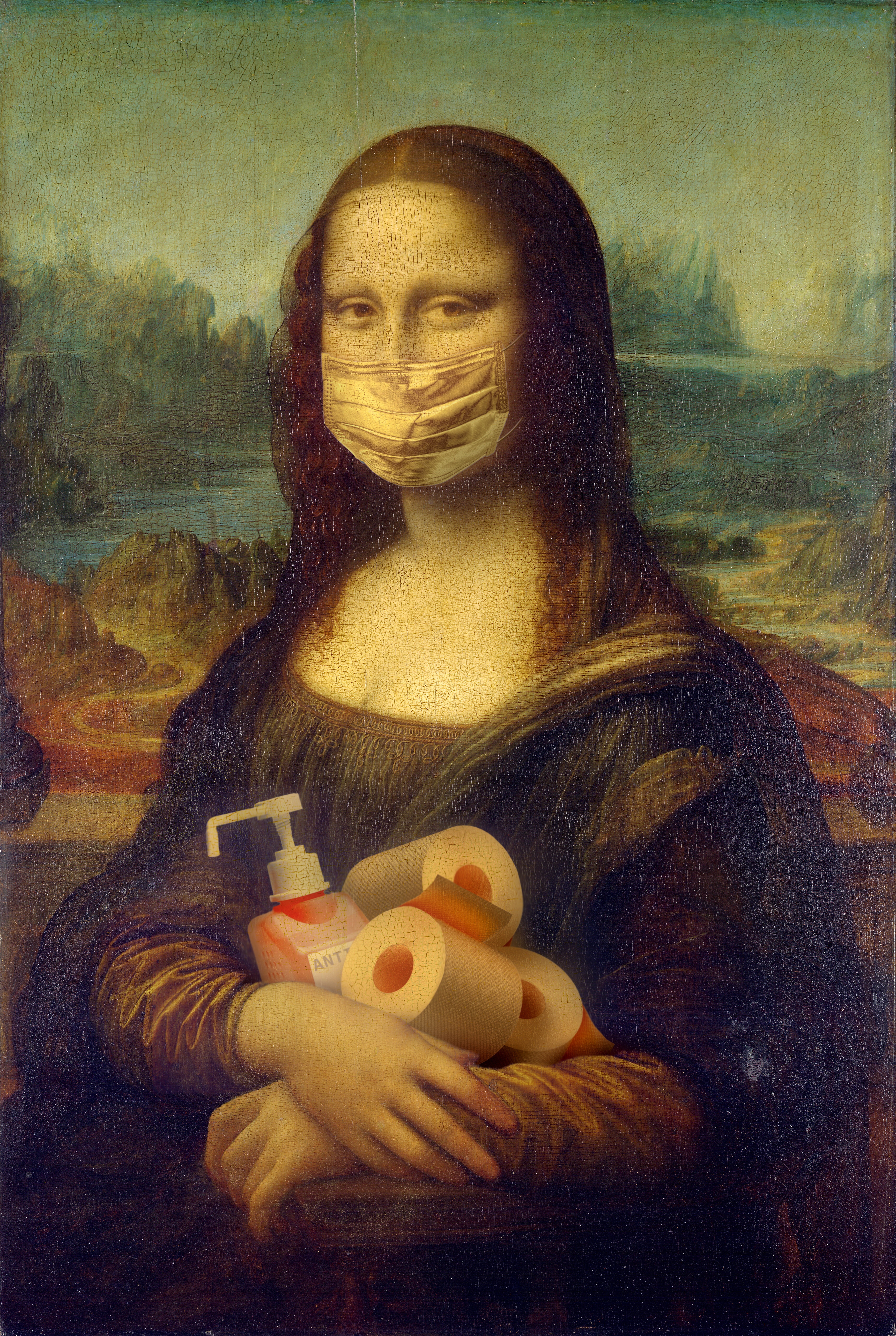 Frequently Asked Questions
Frequently Asked Questions
1. What is COVID-19?
COVID-19 is short for coronavirus disease 2019. A coronavirus is a category of virus that has been around for decades. COVID-19 is very serious because:
- It spreads easily and quickly from person to person, by air droplets or by touch.
- It is novel, or new, meaning there is no vaccine, proven treatment or cure.
- It often causes severe respiratory problems that require hospital care.
2. What are the symptoms of COVID-19?
- Cough
- Shortness of breath
- Fever
- Congestion or runny nose
- Nausea
- Diarrhea
- Chills
- Repeated shaking with chills
- Muscle pain
- Headache
- Sore throat
- New loss of taste of smell
Visit the Centers for Disease Control (CDC) Symptoms Self-Checker
3. Am I at risk of catching COVID-19?
Since COVID-19 is a new virus with no vaccine, no one is immune to it.
Still, certain people have a higher risk of getting it:
- Health care workers
- Front-line workers like waiters, attendants, cashiers and
- People who live and work in crowded areas
- Those who primarily use public transportation
Some people are at high risk of getting very ill and dying from COVID-19. They include:
- The elderly
- People with lung problems
- Those with heart problems
- Adults with diabetes
- People who are obese
- Those with multiple chronic health problems
4. What should I do if I think I have COVID-19?
- If you feel sick, get medical help.
- Before you go to a doctor's office or emergency room, call first and tell them about your symptoms.
If you have any of these symptoms, seek emergency medical care immediately:
- Trouble breathing
- Persistent pain or pressure in the chest
- New confusion
- Inability to wake or stay awake
- Bluish lips or face
5. Where can I get tested for COVID-19?
- Call your doctor. Your doctor will decide if you need to be tested and will tell you where to go.
- Search evive.care to find a COVID-19 test center near you.
6. What can I do to stay healthy and keep others from getting COVID-19?
According to the Centers for Disease Control (CDC), there is no vaccine at this time to prevent COVID-19. The best way to stop the virus is to not get exposed to it. But, keep in mind, CDC always suggests these everyday good habits to help stop the spread of breathing illnesses
- Follow the CDC's recommendations for using a face covering.
- Don't go near people who are sick.
- Don't touch your eyes, nose, and mouth.
- Stay home when you're sick.
- Cover your cough or sneeze with a tissue, then throw the tissue in the trash.
- Clean and disinfect often-touched objects and surfaces using a regular household cleaning spray or wipe.
- Wash your hands often with soap and water for at least 20 seconds, especially after going to the bathroom; before eating; and after blowing your nose, coughing, or sneezing.
- If soap and water are not available, use an alcohol-based hand sanitizer with at least 60% alcohol. Always wash hands with soap and water if hands are visibly dirty.
7. Where can I go for more details about COVID-19?
The Centers for Disease Control and Prevention (CDC) offers up-to-date information about COVID-19.
8. What Health Insurance plans offer FREE TESTING and cover COVID-19?
Coverage will vary based on the carrier. To compare insurance plans that are currently available to you please call (312) 667-0848 or email: Mike@ihealthagents.com for more information. There are plans currently available that offer next day coverage with FREE COVID-19 testing.
9. Where can I enroll in a Health Insurance plan that covers COVID-19?
You can enroll at: Health Plans that cover COVID-19.

Comments
0 comments
Please sign in to leave a comment.